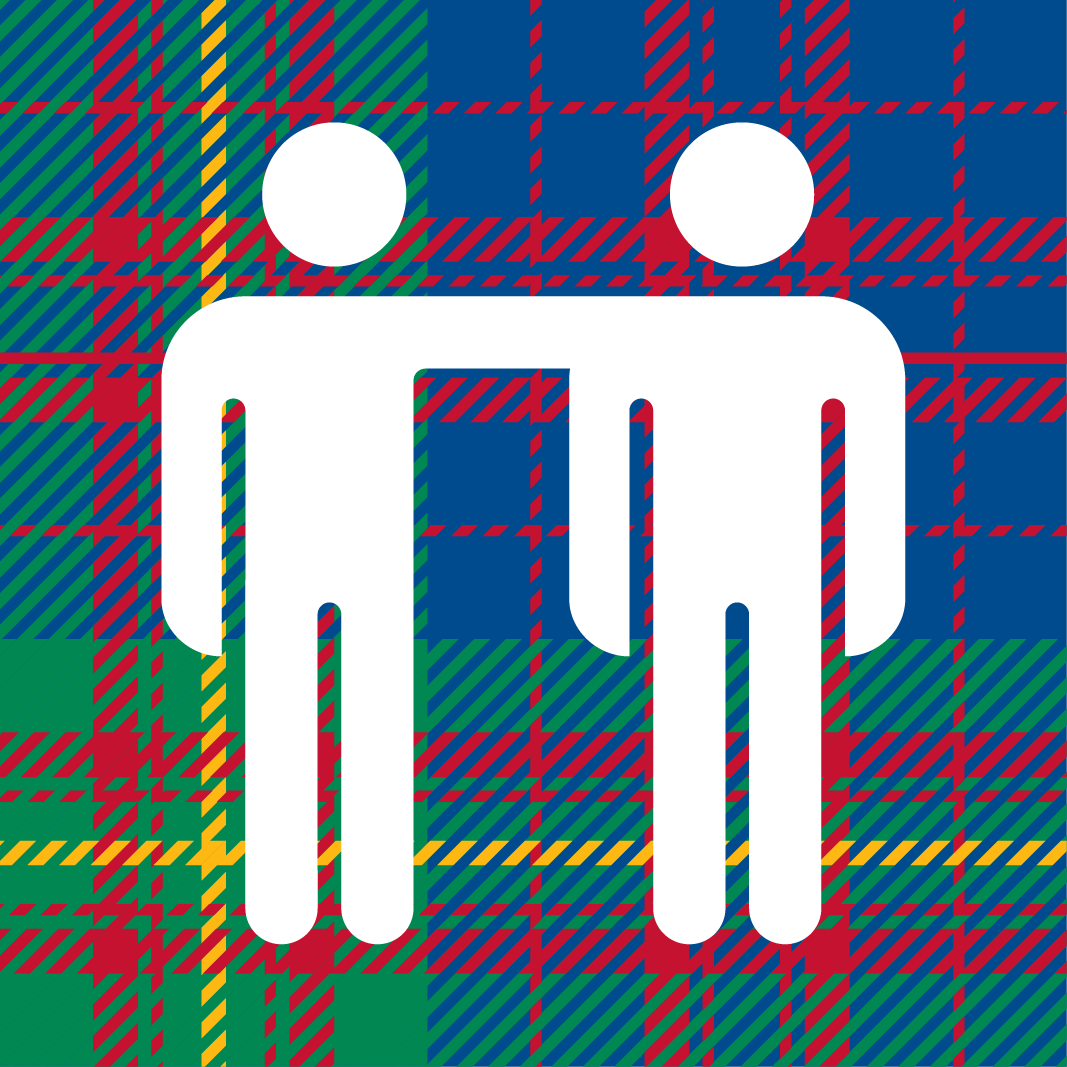Our first meeting of the semester will be 4:30pm on Friday the 7th in Wean 5312! There is no meeting on Wednesday due to a time conflict with the activities fair.
Akrasia is the situation of acting against one’s better judgement. Examples of akrasia in daily life include procrastination, overeating, avoiding decisions, impulse purchases, and many more. In extreme cases, akrasia can be far more severe, including anger management disorders and substance and gambling addictions.
If an individual knows that they are prone to akratic behavior, they may take steps to change themself, or to cope with that aspect of themself. People may try to train their self control, or to use coping mechanisms such as precommitment and external pressure.
A consequence of akrasisa is that human behavior may differ from theoretical models of decision making. In particular, additional choices may be detrimental, and self-constraining actions may be useful. How can we think abstractly about reasoning in the presence of akrasia?
Some companies or other organizations encourage akratic behavior, whether by encouraging people to act out of fear, out of impulsive desire, or out of misplaced hope. This is especially clear in the gambling industry, which exists primarily due to people acting against their better judgement. Is encouraging and profiting off of akratic behavior wrong? Should it be actively prevented?
In some cases, society may choose to prevent an individual from taking some action, saying that they are preventing the individual from making an akratic choice. How can this be balanced with individual rights to freedom of action?
How can we cope with or lessen our own akrasia? How should society protect people from their akrasia, while respecting their individual decision making? How should we interact with people who we believe to be making decisions that aren’t based on their best judgement?
